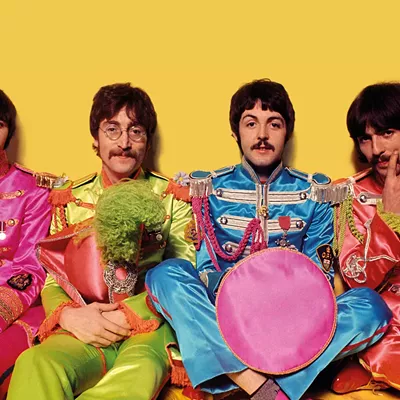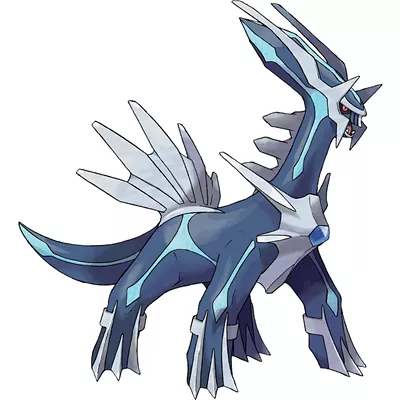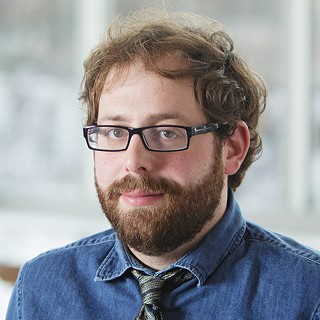I've thought about 2020 for a long time. No, not just what feels like a long time during the last seemingly endless year, but actually for decades. It's a year that was tied to so much hope while drafting strategic plans and dreaming of our future. For a long time, it was far enough away to believe that by now we would resolve our struggles, make real progress and end up in perhaps not a utopia but at least a better world.
Spoiler: It didn't work out that way. In fact, 2020 was a year designed to surprise even pessimists with the depths of its disappointments. A pandemic, an economic collapse for small businesses (if not for Wall Street), right-wing terrorists plotting the kidnapping of a governor, cruel reminders of our continued failures to reform the police, attempts to dissolve our democracy, fires that made the air unbreathable for weeks, and having people we love die without being able to be at their sides or even mourn together.
There are more optimistic ways to consider our recent past. The heroics of essential workers and health professionals who kept our society functioning even in these dark days. The first defeat of a sitting president in nearly 30 years, serving as a strong rebuke of his desperate and dismal approach to politics. Progress, as local leaders and voters successfully pushed reforms and policies that would have been unthinkable a decade ago — dramatically increased minimum wages, bold clean energy policies, and shifts in how we approach and fund public safety.
But it certainly didn't turn out nearly as well as I'd hoped. A fifth of the way into this century and our progress report suggests we're not doing very well. It looks like we may end up being sent back to repeat the history we should have been learning from.
All of this is why I look to this New Year and the rest of the century ahead with a bit of trepidation. Will things ever truly get better? The pace of progress and its imperfection even when achieved have always made this question feel relevant, I suspect. In our best moments, we're on a journey to a better time, never quite fully arriving there.
Right now, it can be hard to believe that we'll ever even get back to moving forward, however slowly, and not just be stuck treading metaphorical water forever and hoping not to drown.
I take comfort in the fact that we've never been very good at predicting the future — because it gives me hope that we could still be living in the century I've dreamed about for decades.
I think why so many predictions fail to materialize and the distant future usually proceeds on a radically different track than many predicted — for better or worse — is because we actually get to decide where we end up. The future isn't something that just happens in some linear or cyclical pattern, but a result of choices — our choices.
The first choice I'm going to make in this New Year is to try again. 2020 was definitely the year we fell off the bike after running it into a tree and then being hit by a car. (OK, so that metaphor is a bit convoluted, but so was this whole year!)
My point is it's time to get back on the bike. It's time to set aside cynicism and believe in bold dreams. It's time to try again.
Now, I suspect, some of you might be thinking or grumbling at your newspaper: "But I've been trying! Haven't you seen us in the streets, at city hall meetings, virtually lobbying our members of Congress, and casting our votes in record numbers? Where do you think all this progress you briefly mentioned came from?"
I hear you. I see you. And there's more work to do as we head to the half-time of this century — because the game clock is ticking down and, if we want to keep playing, we're going to have to make some fairly major progress by 2050 to address climate change and its many interconnected challenges. (See? I'm still trying with the tortured metaphors even if they didn't do as much as I'd hoped previously.)
We have to keep trying not because it will work, but because it might. The future is uncertain in so many ways. Let's make one thing certain: our determination to build a better one. ♦
John T. Reuter, a former Sandpoint City Councilman, studied at the College of Idaho and currently resides in Seattle. He has been active in protecting the environment, expanding LGBT rights and Idaho's Republican Party politics.





















